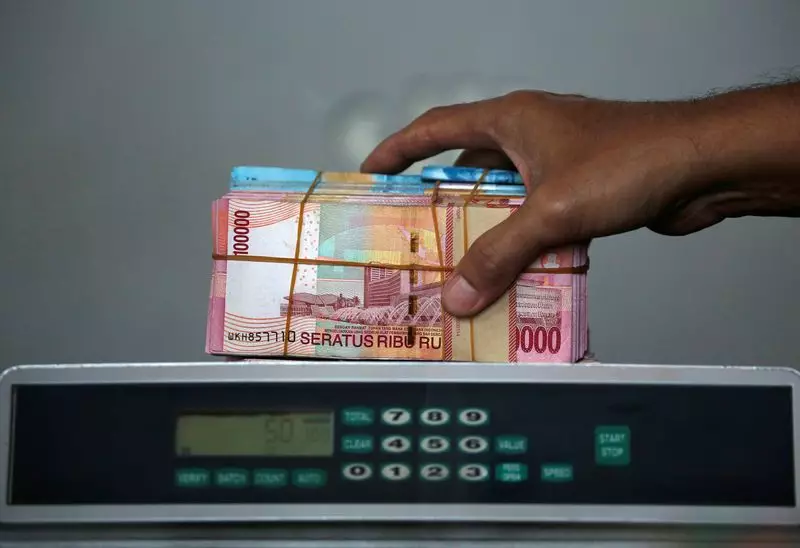Indonesia’s economy was expected to undergo monetary easing in the near future. However, the recent significant decline in the value of the rupiah against the dollar has thrown a spanner in the works. After reaching a four-year low against the dollar, the rupiah’s value dropped past the critical level of 16,000, resulting in a 5.25% loss for the year. The sharp decline in the currency’s value has prompted concerns that Bank Indonesia (BI) may have to consider raising interest rates to counteract the slide.
Policy Dilemma for Bank Indonesia
Bank Indonesia, with its primary objective of maintaining currency stability, faces a dilemma due to the sudden currency devaluation. While the initial plan was to lower interest rates, the situation has now changed. The possibility of raising rates looms, with speculations emerging about a rate hike in the upcoming review scheduled for April 23. This expected hike would be the first since October. The necessity of such a decision stems from the need to stabilize the rupiah and prevent further depreciation.
Challenges in Indonesias’s Bond Market
Indonesia’s high-yielding bond market, once an attractive option for investors, has lost its appeal due to currency volatility. Foreign interest in Indonesian government securities has decreased significantly, with foreign investors holding only 14% of total outstanding bonds compared to 25% in December 2020. The narrowing spread between U.S. Treasuries and Indonesian government bonds from 7.5 to 2 percentage points has further dampened the allure of Indonesian bonds. As a result, investors have been opting for dollar-denominated bonds to mitigate risks associated with rupiah assets.
Bank Indonesia has employed various intervention measures to stabilize the rupiah, including direct rupiah purchases in the spot foreign exchange market and domestic non-deliverable forwards (DNDF) transactions. Despite these efforts, the rupiah’s decline has been somewhat contained compared to other currencies. The coordination with state-owned companies, such as Pertamina, has helped manage excessive volatility by staggering dollar demand. However, the central bank’s continuous interventions have significantly depleted its foreign exchange reserves, limiting its ability to further support the currency.
While some investors are anticipating relief for Indonesia’s rupiah from potential Fed rate cuts later in the year, uncertainties surrounding the U.S. interest rate policy continue to cast a shadow on Indonesia’s economic outlook. The expectations for a Fed rate cut, originally predicted for June, have been pushed back to December, aligning with the evolving global economic landscape. Foreign investors remain cautious, with hopes pinned on future easing of Fed policies to revitalize interest in Indonesian assets.
Indonesia’s economy is facing significant challenges exacerbated by currency volatility and fluctuating external economic conditions. The delicate balance between maintaining currency stability and promoting economic growth remains a pressing issue for Bank Indonesia. The decision to potentially raise interest rates reflects the urgency to safeguard the rupiah from further devaluation. As Indonesia navigates through these turbulent times, proactive strategies and prudent policies will be crucial in securing the stability and resilience of its economy in the long run.

